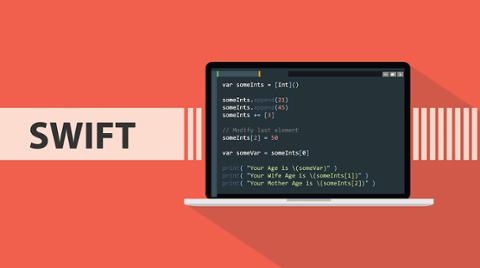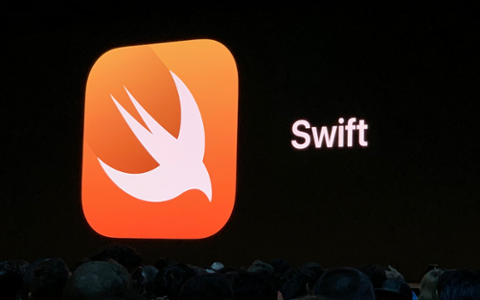Is Swift, Apple’s new(ish) programming language for building iOS and macOS apps, finally overtaking Objective-C, its decades-old predecessor? That’s a conclusion you can draw from the latest update to the TIOBE Index, which attempts to rank the world’s most popular programming languages.
Over the past year, Swift has climbed four ranks on the TIOBE Index, to tenth place, while Objective-C has fallen from tenth to thirteenth. That’s a pretty radical swing for relatively popular languages; with many others on the list, including Java and Python, the past year saw no ranking change at all.
To generate its rankings, TIOBE leverages data from a number of aggregators and search engines, including Google, Wikipedia, YouTube, and Amazon. Languages that rank must be Turing complete, have a Wikipedia entry, and earn more than 5,000 hits for +”<language> programming” on Google. Of course, that’s led to complaints over the years that the rankings aren’t a “true” measure of a language’s popularity—but nonetheless, TIOBE gives us at least some idea of which languages developers are chattering about.
That methodology also means that top-ranked languages are relatively stagnant. Java always seems in first place, followed by C, Python, and C++; if there is a shift in those upper echelons, it tends to be a one-place switcheroo. Smaller languages, meanwhile, can enjoy significant rises (and tumbles) over the course of a year or two.
Swift Ascendant
When Swift first rolled out in 2014, some analysts breezily predicted that it would quickly overcome Objective-C, which Apple had relied upon as its primary programming language since 1984. However, Swift didn’t come into the world fully featured; it would take another five years for crucial features such as ABI stabilityto finally roll out.
In addition, Objective-C’s longevity had resulted in a massive legacy codebase—ensuring Objective-C’s widespread use for some time to come, no matter how hard Apple pushed developers to jump aboard the Swift bandwagon.
In theory, though, the usage of Swift (and the number of apps and platforms built using it) will only increase as time goes on. It will be interesting to see whether Objective-C’s TIOBE ranking will continue to slide over the next several updates; if so, that’s a sure indication that Swift is finally eclipsing its predecessor.


